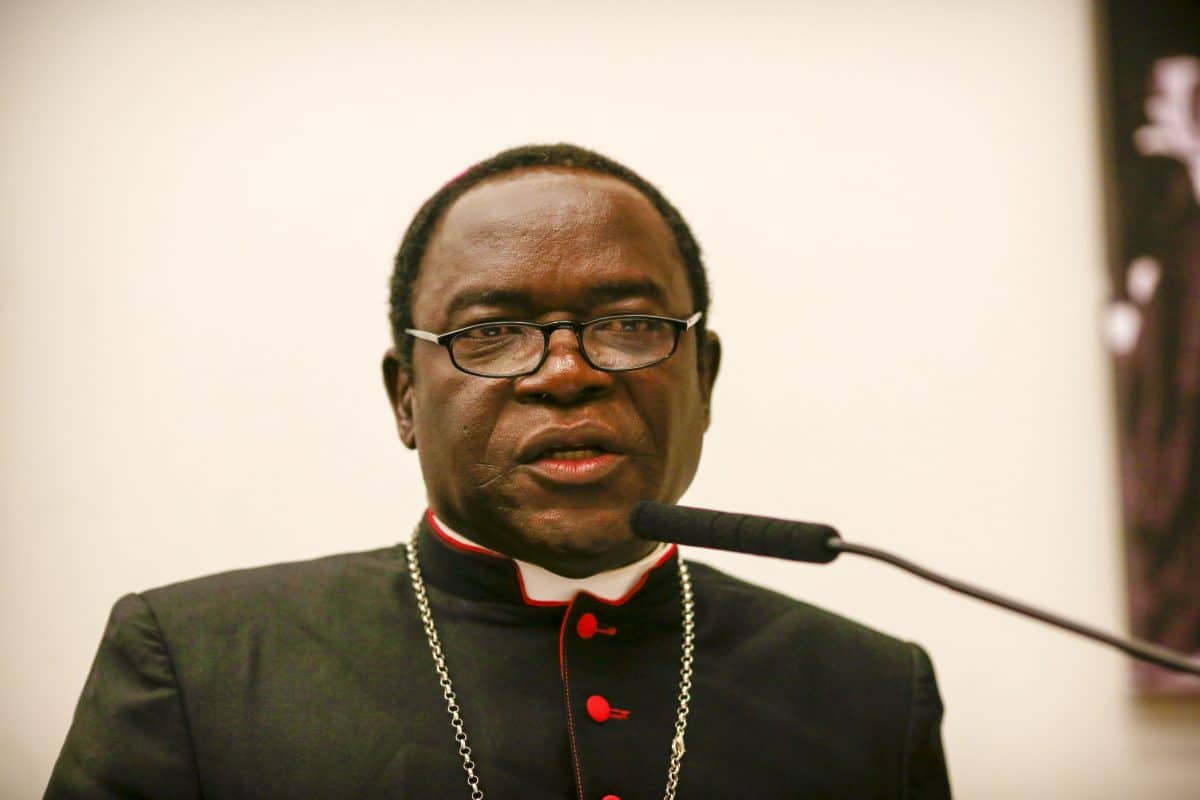Nigeria News
Banditry Will Continue To Worsen If… – Kukah Warns FG

Bishop Matthew Kukah of the Sokoto Diocese has warned that banditry in Nigeria will continue to escalate if the government does not prioritize youth education.
Speaking at the 42nd Actualisation Conference of Rotary International, District 9110 in Abeokuta, Ogun State, Bishop Kukah highlighted the direct correlation between the lack of educational opportunities for young Nigerians and the rising security challenges across the country.
Naija News reports that during his lecture, Bishop Kukah expressed his concern over the increasing attacks by bandits and terrorist groups, attributing these issues to the government’s failure to invest adequately in educating the younger generation.
“We are reaping today what we sowed yesterday, and it will actually grow worse,” he stated, emphasizing the urgent need for educational reform.
He pointed out that there are millions of children, estimated between 10 and 15 million, who are out of school and begging on the streets.
These children, according to Kukah, represent a ticking time bomb for future security challenges if not urgently addressed.
“The Almajiri that is 10 now, in 10 years’ time he will be 20 years, so unless we quickly do something the situation may go worse,” he explained.
The Bishop called on philanthropists, religious organizations, and other humanitarian groups to intensify their efforts in combating illiteracy.
“Nigeria must try to combat illiteracy because there is no substitute for education,” he urged, suggesting that the security of the educated class is intertwined with the fate of the uneducated.
In his address, former President Olusegun Obasanjo, speaking via a pre-recorded video, also charged members of the Rotary club to prioritize service to humanity and focus on creating a better world.
Obasanjo urged the conference attendees to use the opportunity to reignite their passion for helping the less privileged and making a positive impact on society.
District Governor Ifeyinwa Ejezie highlighted the club’s initiatives in areas such as basic education, literacy, maternal and child health, and economic empowerment.
She also noted the club’s efforts to address mental health and drug abuse among youths, reflecting the broader scope of Rotary’s community service activities.












